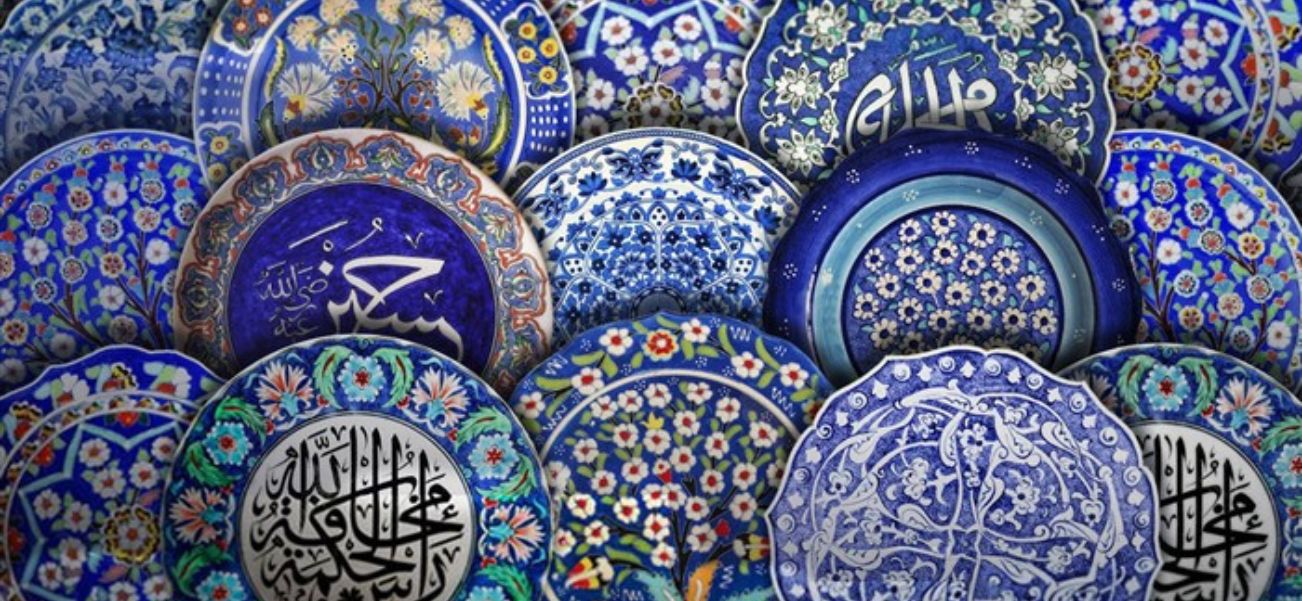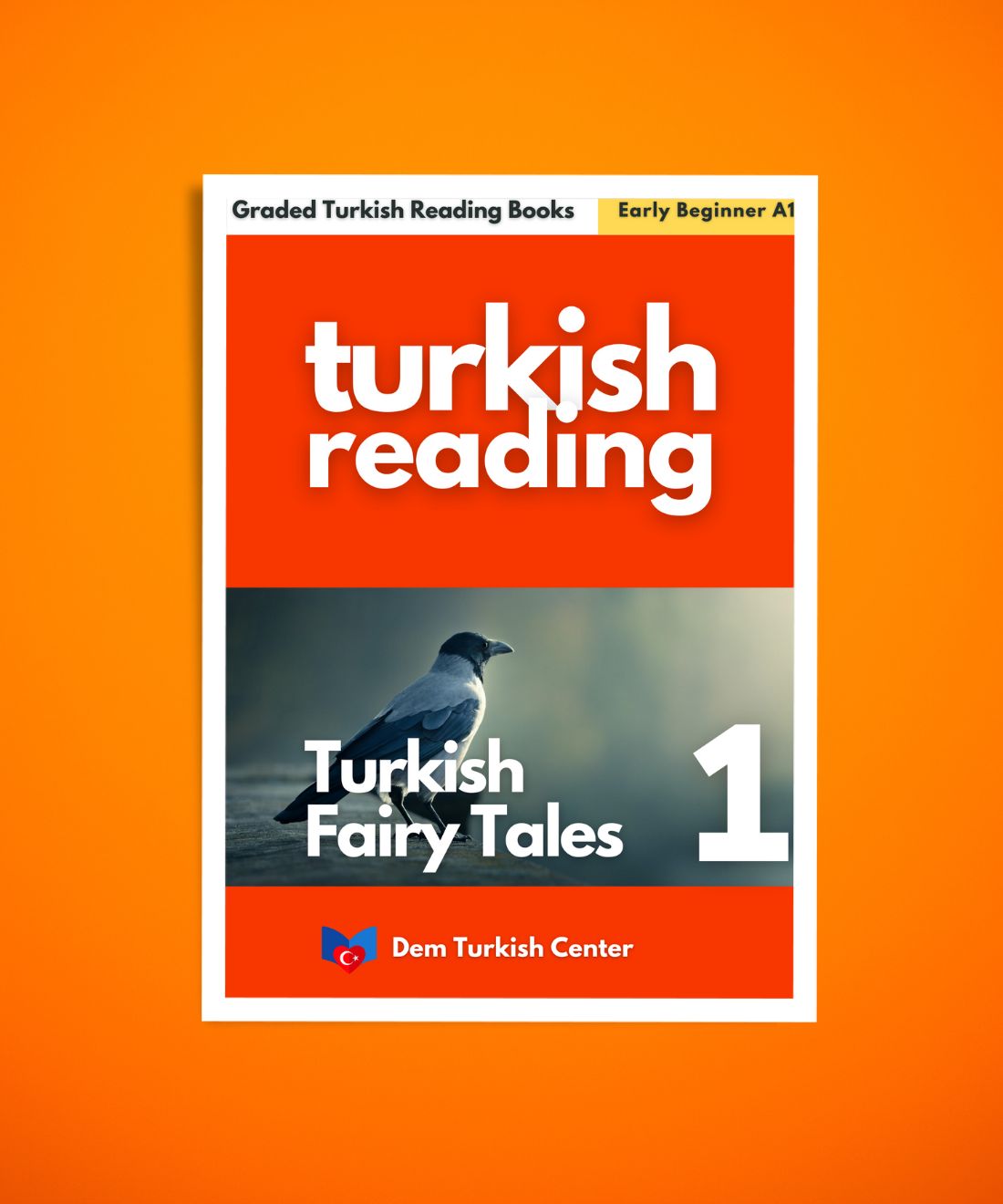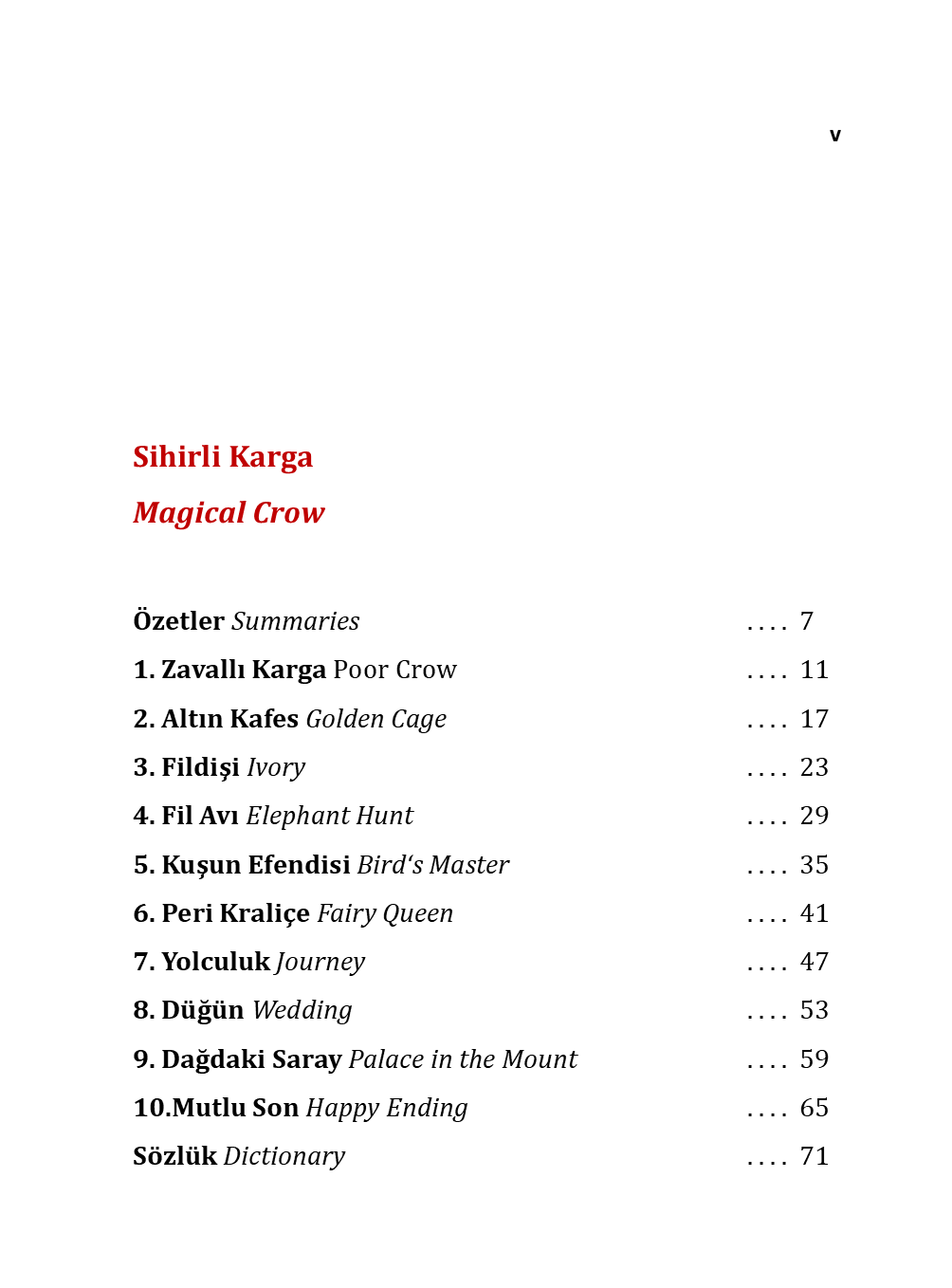
Discover the Top 50 Turkish Traditions in Turkey
Do you want to discover Turkish culture and traditions in Turkey? Here are 50 of the most common Turkish traditions, categorized for better understanding and described in detail:
Learning Turkish? Become a DTC member and get the full access to the bookstore!
50 Turkish Traditions in Turkey
HOSPITALITY AND SOCIAL CUSTOMES
1. Hospitality (Misafirperverlik)
Turkish people are incredibly hospitable. Guests are welcomed warmly and treated like family, often offered tea, coffee, or meals.
2. Offering Tea (Çay)
Serving tea in tulip-shaped glasses is a gesture of friendship and hospitality. It’s a cornerstone of Turkish social life.
3. Turkish Coffee Ritual (Türk Kahvesi)
Drinking Turkish coffee is a cultural experience, often followed by fortune-telling using the coffee grounds.
4. Respect for Elders
Kissing an elder’s hand and placing it on your forehead is a traditional sign of respect.
5. Gift Giving
Small gifts, such as sweets or flowers, are brought when visiting someone’s home.
6. Removing Shoes Indoors
Shoes are taken off at the entrance of homes, and slippers are provided.
7. Sharing Food
Sharing homemade food with neighbors or friends is a common way to show care.
8. Handcraft Appreciation
Admiring handmade items, like carpets or ceramics, is culturally significant, as they often represent family heritage.
9. Socializing in Tea Gardens (Çay Bahçesi)
Tea gardens are popular spots for friends and families to gather, relax, and socialize.
10. Punctuality for Social Events
While arriving late to informal gatherings is acceptable, being on time for formal occasions is important.
FESTIVALS AND CELEBRATIONS
11. Bayram Celebrations
Eid holidays (Ramazan Bayramı and Kurban Bayramı) involve family visits, feasts, and giving gifts to children.
12. Circumcision Ceremonies (Sünnet Düğünü)
Circumcision for boys is celebrated with a large party, signifying their step into manhood.
13. Henna Night (Kına Gecesi)
A pre-wedding ceremony where the bride’s hands are adorned with henna, accompanied by songs and dancing.
14. Turkish Weddings (Düğün)
Traditional weddings are grand events with food, music, and dancing, often lasting several days.
15. Tulip Festival (Lale Festivali)
Celebrated in Istanbul every spring, this festival honors the tulip, an iconic Ottoman symbol.
16. Camel Wrestling (Deve Güreşi)
A traditional Aegean festival where trained camels compete in wrestling matches.
17. Oil Wrestling (Yağlı Güreş)
Turkey's national sport, where wrestlers compete while covered in olive oil.
18. Aşure Day
A day to share Noah’s pudding, symbolizing unity and sharing among communities.
19. Mevlid Kandili
A religious celebration marking the birth of the Prophet Muhammad, observed with prayers and charity.
20. Republic Day (Cumhuriyet Bayramı)
On October 29, Turks celebrate the founding of the Republic of Turkey with parades and cultural events.
RELIGIOUS TRADITIONS
21. Call to Prayer (Ezan)
The melodic call to prayer, heard five times daily, is a significant part of life in Turkey.
22. Friday Prayers (Cuma Namazı)
Men typically attend communal prayers at mosques on Fridays, the holiest day of the week.
23. Ramadan (Ramazan) Traditions
During Ramadan, fasting, iftar meals, and pre-dawn sahur meals are central practices.
24. Drummers in Ramadan
Traditional drummers wake up families for the pre-dawn meal during Ramadan.
25. Sacrifice Feast (Kurban Bayramı)
Animals are sacrificed during Eid al-Adha, and meat is shared with the poor and loved ones.
DAILY LIFE CUSTOMES
26. Bargaining in Bazaars
Haggling is expected in markets, making shopping an interactive and lively experience.
27. Turkish Bath (Hamam)
Visiting a hamam is a cleansing and relaxing tradition, offering a mix of wellness and social interaction.
28. Respecting Nature
Turkish people take pride in feeding stray animals and caring for the environment.
29. Using Evil Eye Amulets (Nazar Boncuğu)
The blue eye charm is believed to protect against bad luck and envy.
30. Fortune Telling (Fal)
Fortune-telling using coffee grounds or tarot cards is a popular social activity, especially among women.
FOOD AND DINING TRADITIONS
31. Family Meals
Meals are a time for family bonding, often featuring shared dishes and lively conversations.
32. Bread (Ekmek) Respect
Bread is considered sacred, and wasting it is frowned upon.
33. Street Food
Foods like simit (Turkish bagel), roasted chestnuts, and döner kebabs are staples of Turkish street life.
34. Offering Lokum (Turkish Delight)
Lokum is often served to guests or gifted during special occasions.
35. Olive Oil Dishes (Zeytinyağlılar)
Light dishes made with olive oil are a key part of Turkish cuisine, especially in coastal regions.
SEASONAL AND REGIONAL TRADITIONS
36. Spring Picnics
Families gather for picnics in parks or by rivers to welcome spring.
37. Winter Village Festivals
Villages celebrate winter with traditional foods, folk music, and dances.
38. Agricultural Celebrations
Harvest festivals in rural areas honor local produce and farming traditions.
ART AND ENTERTAINMENT
39. Shadow Puppetry (Karagöz ve Hacivat)
A traditional storytelling art performed with shadow puppets, especially during Ramadan.
40. Folk Dances
Each region has unique folk dances, such as Halay, Zeybek, and Horon, performed during celebrations.
41. Turkish Classical Music
Rich melodies rooted in Ottoman history are performed at cultural events.
FAMILY AND LIFE MILESTONES
42. Engagement Ceremonies (Nişan)
Engagement parties involve the exchange of rings and symbolic red ribbons.
43. Baby Welcoming Ceremonies
Newborns are celebrated with special rituals, including distributing sweets.
44. Mourning Traditions
Mourning periods include prayers, Quran recitations, and communal meals.
SUPERSTITIONS AND BELIEFS
45. Don’t Whistle Indoors
Believed to invite bad spirits or bad luck.
46. Avoiding Scissors at Night
Using scissors at night is considered bad luck.
47. Spilling Water for Good Luck
When someone leaves for a journey, water is poured behind them to ensure a safe return.
WORK AND COMMUNITY
48. Respect for Labor
Hard work is highly valued, and artisans are often praised for their craftsmanship.
49. Community Support
Neighbors support one another during major life events, such as weddings or funerals.
SEASONAL TRADITIONS
50. Hıdırellez Festival
A spring festival celebrated on May 5-6 to welcome prosperity and abundance.
These traditions showcase the heart of Turkish culture: family, community, respect, and celebration.














